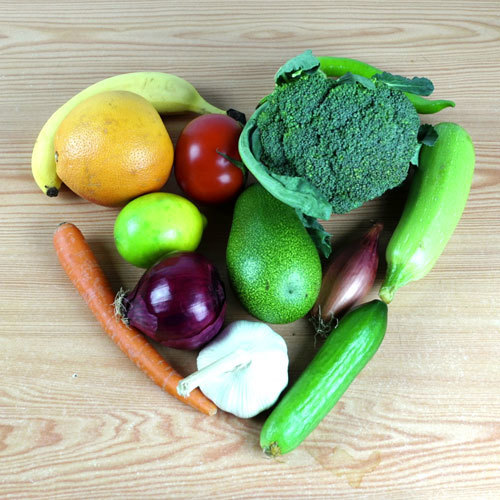
The promise of a new year brings the promise of change, that’s why New Year’s resolutions are so popular. And one of the more popular resolutions has to do with improving one’s diet. This doesn’t need to mean weight loss, just improved dietary habits that have a positive influence on overall health. So if one of your goals is to improve health, read on for some ideas on how to make small changes that have a big impact.
Seafood 1-2 times per Week
Fish is a very important part of a healthy diet. Fish and other seafood are the major sources of healthful long-chain omega-3 fats and are also rich in other nutrients such as vitamin D and selenium, high in protein, and low in saturated fat. There is strong evidence that eating fish or taking fish oil is good for the heart and blood vessels. In addition, eating fish once or twice a week may also reduce the risk of stroke, depression, Alzheimer’s disease, and other chronic conditions.
Think Improvement, Not Perfection
Ever hear of Kaizen, the Japanese word for continuous improvement? The idea is to focus on consistent improvements in your life, every day, no matter how small. And by small we are talking about a 1% change. So instead of trying to make drastic and sweeping changes to your diet, just try to make today’s choices 1% better than yesterday’s choices. It might not seem like much, but those 1% improvements start compounding on each other. In the beginning, your improvements will be so small as to seem practically nonexistent. But gradually and ever so slowly, you’ll start to notice the improvements in your health. To quote Albert Einstein, “Compounding is the greatest mathematical discovery of all time.”
Sleep
As a dietitian, clients are often surprised when I start asking about sleep. What in the world does sleep have to do with diet? It turns out, a lot. Two key hormones (ghrelin and leptin) involved with appetite and satiety are influenced by adequate sleep. So if you start skimping on sleep, the end result can be stronger hunger signals and larger amounts of food needed to induce satiety. That can be a toxic combination if you are trying to exercise more control over your choices.
Social Connections
Here at ND, the sense of community is an overarching theme to much of what we do. And when it comes to food, we want students to “dine in community” as much as possible. While this isn’t a dietary change, the importance of social connections to our overall health is powerful. Social connections can support positive health behaviors such as consuming nutritionally balanced diets and exercise. To read more about this, click here.
Vegetables
No health resolution would be complete without talking about vegetables. Vegetables are the most important food group to consume from a health standpoint. Most of us fall short of the recommended amounts of 5 to 7 servings daily. If consuming that many vegetables each day sounds daunting, refer back to the Kaizen philosophy and try to eat more vegetables today than you did yesterday, even 1% more!
Cheers to a very happy and healthy 2019!
Originally published by at dining.nd.edu on January 29, 2019.
